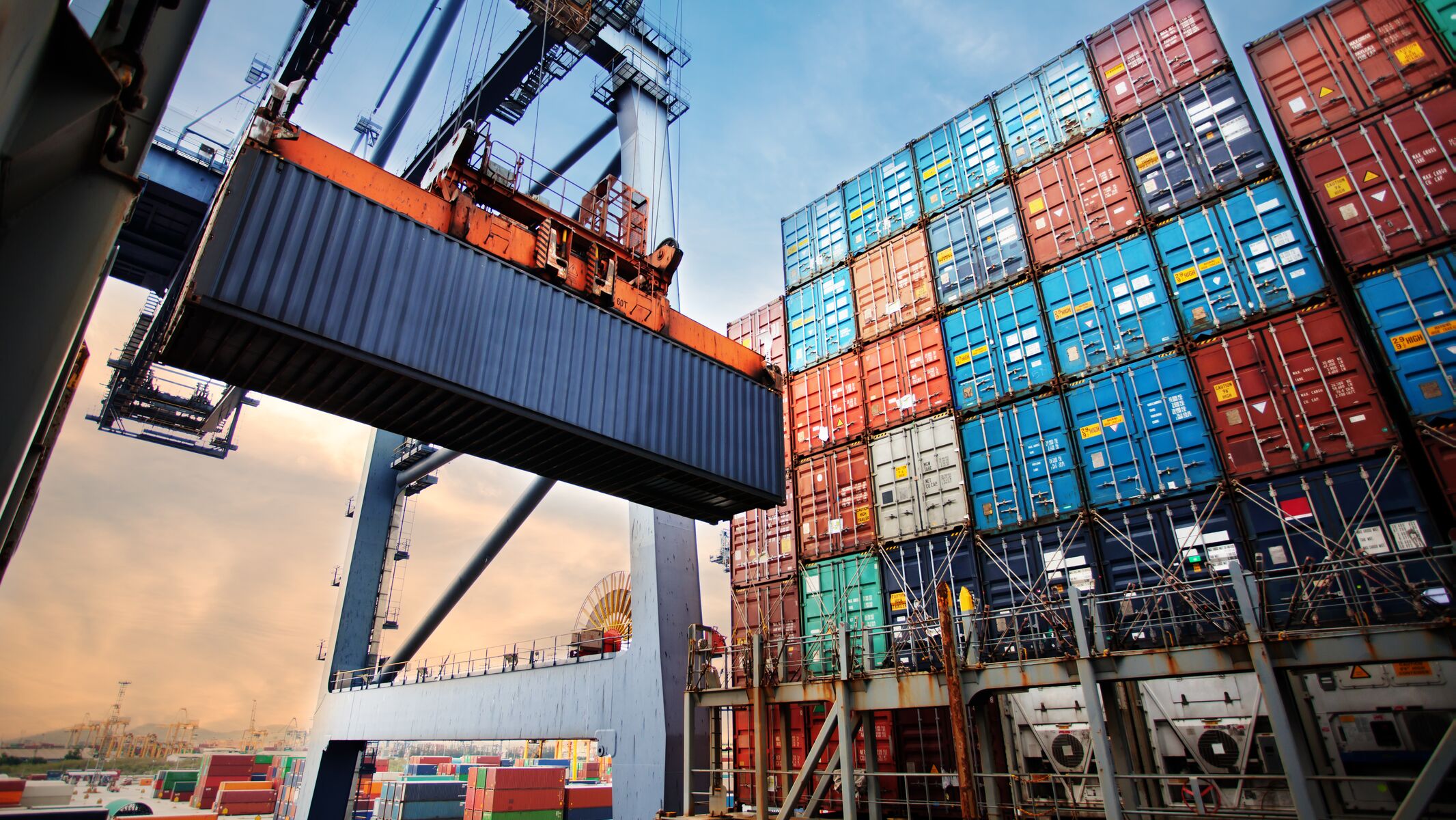Level 2 minimal - vdma.eu
In focus: The topics of VDMA Austria
The US border authorities are planning extensive changes to the ESTA application, which could make business trips to the USA much more complicated in future. The focus is on new requirements such as mandatory social media disclosures and extended data collection.
The trilogue meeting on the eDeclaration scheduled for 8 December has been postponed. VDMA is committed to ensuring that negotiations on the final wording are concluded as soon as possible.
The BMF is adjusting the per diems and overnight allowances abroad in accordance with the Federal Travel Expenses Act as of January 1, 2026
Machinery is in high demand in Norway and it is therefore not surprising that Germany is the most important importer of machinery. But what notifications are required before employees can travel to Norway?
In the VDMA survey "Reporting obligations in Europe", VDMA members report on their experiences and challenges with reporting obligations for work assignments in Europe.
Switzerland is considered an attractive place to work, but the registration and authorization procedures for work assignments are complex and vary from canton to canton. Numerous checks are carried out.
The EU institutions have begun trilogue negotiations in order to reach an agreement on the eDeclaration. VDMA hopes that these negotiations will be concluded by the end of this year.
Long-term assembly projects in the UK can only be implemented with a skilled worker visa. Due to the recent tightening of salary and qualification requirements, many technical professions are excluded.
Two Committees of the European Parliament have approved the negotiating mandate on the eDeclaration. VDMA hopes that the trilogue negotiations between the EU institutions can now begin promptly.
The EU and the United Kingdom have decided to enter into a dialog on the entry and stay of persons for business purposes. The VDMA hopes that this will facilitate work assignments in the United Kingdom.
Work assignments abroad require systematic and careful planning. This information will help you to master the challenges regarding labour, tax and social law.
VDMA has met with the EU Member States, the EU-Commission and the EU-Parliament to campaign for the eDeclaration. If adopted, this would be an important first step towards reducing bureaucracy.
Registration procedures, procedure for work up to 90 days and wage calculation: VDMA info sheet provides practical tips for optimal planning of work assignments in Switzerland.
The Electronic Travel Authorization (ETA) for the United Kingdom has been extended to numerous European countries since April 2025.
The implementation of reporting obligations for work assignments in Europe is a major challenge for many VDMA member companies.
The EU-Commission has given the go-ahead for a single EU-wide digital declaration portal for the posting of workers. VDMA expressly welcomes this first step towards reducing bureaucracy.
In the BMF circular dated 12.12.2023 on the tax treatment of wages under double taxation agreements, the explanations/examples for determining residency have been expanded.
Overview of double taxation treaties and income tax exemption for stays abroad (only in German).
Short-term work assignments in the UK are possible without a visa on the basis of a purchase or leasing contract. Otherwise a visa is required.
VDMA is campaigning for less bureaucracy in work assignments in Europe. An overview of the facts and figures shows that there is still a long way to go before the Internal Market runs smoothly.
Overview - Events on the topic of reporting obligations for work assignments in Europe
Short-term business trips are possible without a visa, but a visa is required for assemblers and service assignments.
ICUnet and Inhouse Mobility now offer special conditions - exclusively for VDMA members
The tax department offers seminars and events for member companies on current topics and tax issues, also in cooperation with the Mechanical Engineering Institute (MBI).
The tax department offers seminars and events for member companies on current topics and tax issues, also in cooperation with the Mechanical Engineering Institute (MBI).
The legal framework is complex and must be carefully examined.
A temporary change of place of employment due to the current pandemic may have an impact on the previously established social security law
The protocol to the free trade agreement contains regulations (Social Security Coordination - SSC) which guarantee the cross-border mobility of employees.
Mobile working in a home office is becoming increasingly important. The trend towards the home office will continue even after the pandemic. Home office activities abroad can have undesirable tax consequences for both employees and employers.
For work assignments within Europe, the three topics of "reporting requirements", "social law: A1 certificate" and "labour law: posting directive" are increasingly coming into focus.
Many workers commute from their place of residence to another country to work. Home office work and border closures, which are currently ordered in many cases, can have tax disadvantages for cross-border commuters.
The VDMA practical guide "Travel risk management for work assignments abroad" shows the way to introducing the right structures and processes in the company.
The Federal Fiscal Court (Bundesfinanzhof, BFH) has ruled in several judgments on the new tax law on travel expenses that has been in force since 2014.
Here you can find information on how to apply for the A1 certificate in Austria.
Since January 1, 2019 there has been a new regulation for the taxation of electric and hybrid vehicles.
When European companies send employees to work abroad in the EU, they are faced with a patchwork of national regulations.
According to § 10 paragraph 2 sentence 1 number 1 EStG, a deduction of special expenses for pension expenses (e.g. contributions to statutory or professional pension insurance, health and nursing care insurance contributions) is only possible if these expenses are not directly economically connected to tax-free income.
Your contacts in the trade associations and regional subsidiaries on this topic


